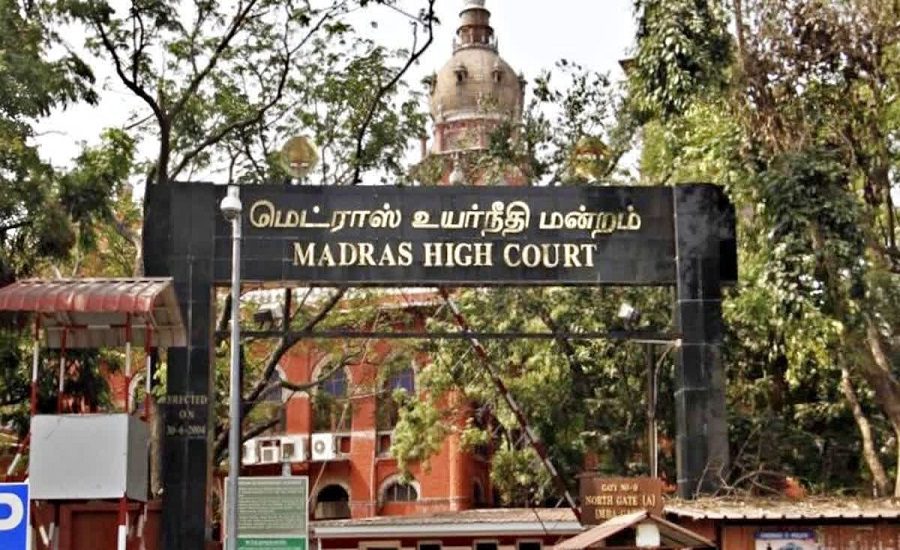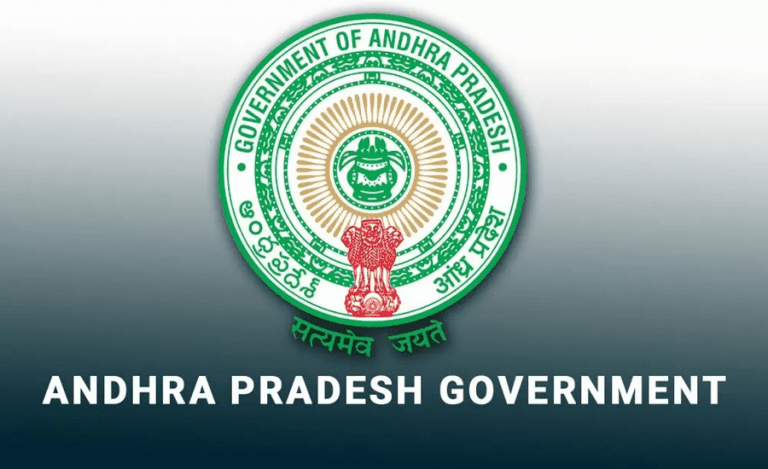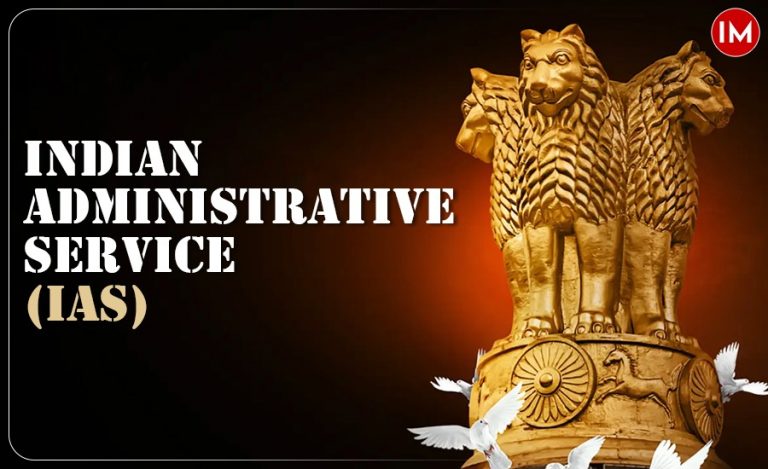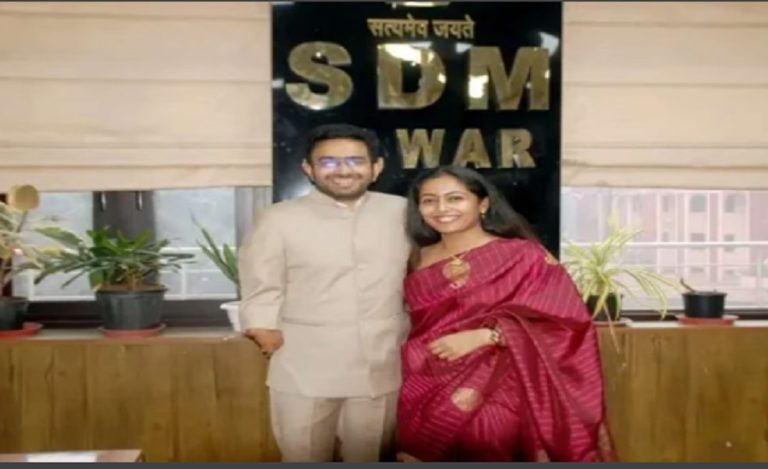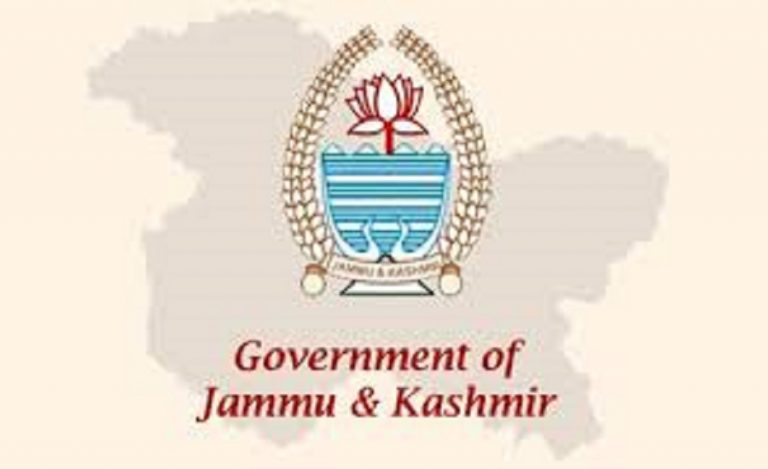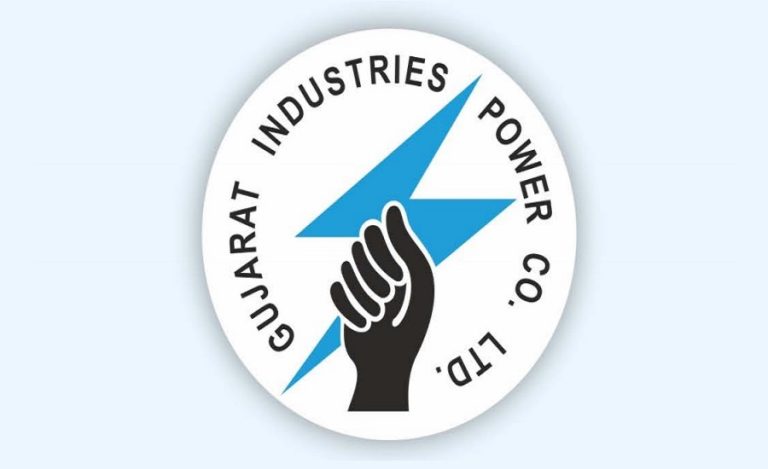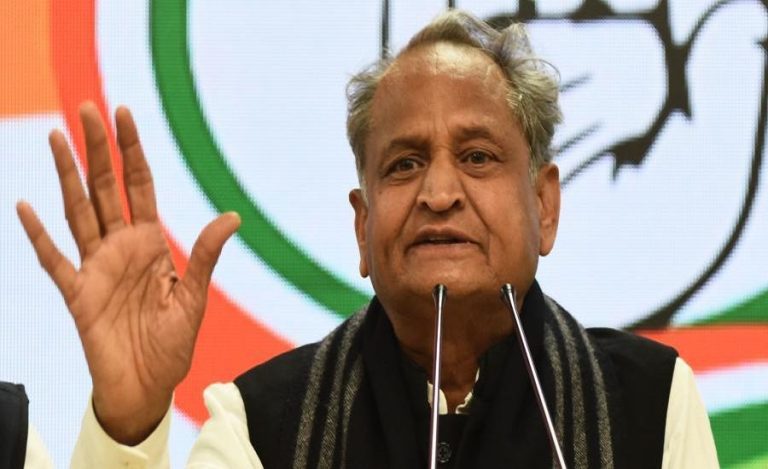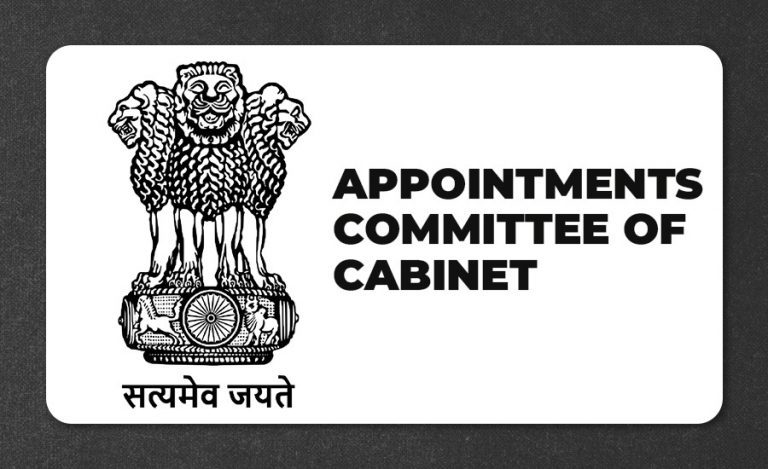Chennai: Expressing concern over delays in corruption cases involving senior bureaucrats, Justice N. Anand Venkatesh of the Madras High Court on Monday sought an explanation from the Directorate of Vigilance and Anti-Corruption (DVAC) for its prolonged inaction in obtaining sanction to prosecute two IAS officers—K.S. Kandasamy and K. Vijaya Karthikeyan—in the ₹98.25-crore corporation contract scam linked to former AIADMK Minister S.P. Velumani.
Court Questions Slow Pace of Action Against IAS Officers
The judge observed that while the DVAC had completed its investigation as early as January 2024, sanction to prosecute the two officers had still not been obtained. “Why is it that the wheels of prosecution grind very slowly when it comes to IAS officers accused of corruption?” Justice Venkatesh asked, highlighting the need for accountability within investigating agencies.
Advocate V. Suresh, representing anti-corruption organization Arappor Iyakkam, which originally lodged the complaint against Velumani and others in 2021, pointed out that the Tamil Nadu government had incurred an unnecessary expenditure of nearly ₹30 lakh to translate around 12,000 pages of documents — a step that could have been avoided had the sanction been obtained before October 2024, when the Centre made submission of translated copies mandatory.
Read also: Supreme Court Fights Back Against AI Chaos — Demands Strict Regulation of Generative AI in Judiciary
DVAC’s Delay Under Scrutiny
The court noted that the sanction to prosecute S.P. Velumani was obtained from the Legislative Assembly Speaker on February 12, 2024, but similar approval for the IAS officers was sought only much later. Justice Venkatesh emphasized that the DVAC was “duty-bound” to explain why it failed to act between January and October 2024.
It was revealed that the DVAC had submitted a request to the Centre for sanction only on August 30, 2025, after Arappor Iyakkam’s Jayaram Venkatesan filed a contempt of court plea. The request was returned by the Centre for lack of translated copies of supporting documents, prompting DVAC to undertake an expensive translation exercise and re-submit the proposal on November 7, 2025.
Judge Laments Bureaucratic Delays in Corruption Cases
“The State shows speed in doing everything else. The same speed should be shown when it comes to taking action against corruption too. Otherwise, people will lose faith,” Justice Venkatesh remarked, stressing that anti-corruption action should be given first priority, not the last.
He expressed frustration that courts often have to prod investigating agencies at every stage—from registering an FIR to obtaining prosecution sanctions—in corruption cases involving high-ranking officials.
Centre Has Three-Month Limit for Sanction
Additional Public Prosecutor E. Raj Thilak informed the court that the Centre has a three-month outer limit for granting sanction. He also assured that he would obtain instructions from all investigating officers who had handled the case since January 2024 to ascertain the reasons behind the prolonged delay.
Justice Venkatesh adjourned the contempt plea, directing the DVAC to file a detailed explanation on the issue, reiterating that swift action in corruption cases is essential to maintain public trust and uphold accountability in governance.
Read also: No More Endless Queues! Aadhaar Correction Declared a Fundamental Right by Madras HC

